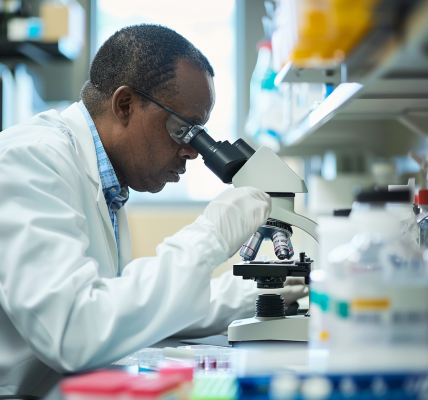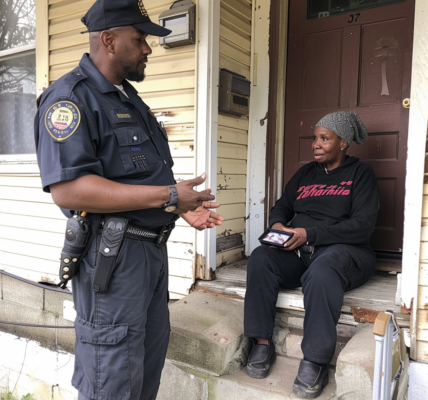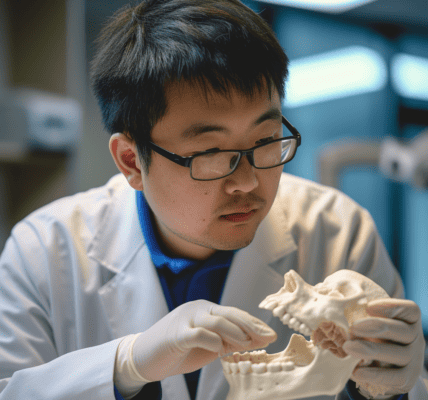Breast Cancer Awareness Month: EU Initiatives and Personal Stories Highlight Importance of Early Detection
October is recognized as Breast Cancer Awareness Month, a time dedicated to raising awareness about breast cancer, supporting those affected by the disease, and emphasizing the critical role of early detection through screenings. This initiative is especially significant in the European Union (EU), where breast cancer represents nearly 30% of all cancer diagnoses among women.
Maria, the vice-president of a volunteer cancer support group based in Brussels, shares her personal journey with breast cancer. Diagnosed at the age of 38 during a routine check-up in 2013, Maria underwent extensive treatment, including a year of sickness leave and significant surgery. Her experience serves as a reminder of the importance of regular screenings, as she notes, “Don’t miss a single screening – not even by a month.” Maria’s story highlights a concerning trend: the age at which women are diagnosed with breast cancer is decreasing.
The EU is actively involved in combating breast cancer through its European Health Union strategy, which includes the Beating Cancer Plan. This comprehensive initiative aims to implement effective changes across EU member states to enhance cancer prevention, treatment, care, and overall quality of life for citizens. In 2022, the EU updated its screening guidelines, reflecting the latest scientific research for breast, colorectal, and cervical cancers. The ambitious goal is to provide screening services to 90% of the eligible population throughout the EU.
Despite these efforts, significant disparities exist in screening participation rates among different countries and demographic groups. To address this issue, the EU established the first-ever European Cancer Inequalities Registry in 2022. This registry aims to track trends, disparities, and inequalities related to cancer treatment and prevention across various EU nations and regions. The findings from this registry will inform future EU policies and investments in breast cancer care.
Valentina, another member of Maria’s support group, reflects on her own experience with breast cancer. She emphasizes the importance of support networks, stating, “I was on my own when I was diagnosed. The support group became like a second family to me. Life is made easier when you share with other people.” This group, consisting of 200 members, includes those who have been diagnosed with cancer as well as caregivers. Valentina encourages others to establish similar support groups, as they can provide invaluable assistance in navigating the complexities of cancer treatment.
The support group not only offers emotional support but also practical resources. Members share advice on managing the overwhelming processes associated with cancer treatment and organize activities such as yoga classes and nature walks. Valentina highlights the significance of physical activity in enhancing energy levels and overall well-being during recovery.
As Breast Cancer Awareness Month progresses, various initiatives and events are being organized to promote awareness and support for those affected by the disease. Many organizations are hosting fundraising activities, educational seminars, and community outreach programs aimed at informing the public about the importance of regular screenings and healthy lifestyle choices.
In addition to these local efforts, international campaigns are also gaining traction. Social media platforms are flooded with messages of support, survivor stories, and educational content aimed at demystifying breast cancer and encouraging women to prioritize their health. The color pink, synonymous with breast cancer awareness, is prominently displayed in various forms, from merchandise to public events, creating a visible reminder of the ongoing fight against this disease.
Furthermore, healthcare professionals are emphasizing the need for comprehensive education regarding breast cancer. This includes information on risk factors, symptoms, and the significance of self-examinations. By empowering women with knowledge, the hope is to foster a proactive approach to health that can lead to earlier detection and better outcomes.
In conclusion, Breast Cancer Awareness Month serves as a crucial reminder of the ongoing battle against breast cancer. Through collective efforts at the community, national, and international levels, awareness is being raised, support is being provided, and the importance of early detection is being highlighted. As the EU continues to implement its Beating Cancer Plan and address inequalities in cancer care, the focus remains on improving the lives of those affected by breast cancer and ultimately reducing the incidence of this disease.





